One of the issues I have had with Yemen since coming here first time back in 2008, is the amazingly one sided and negative media. From both the international and national level. The more I have gotten involved in this profoundly life changing country, I have realized some amazing facts as regards to the journalists who write about Yemen, especially in these days of instability and great concern. Most of these journalists (and documentary film makers, see here !) come here for a short time, most don´t speak Arabic, they´re young and ambitious, not that well researched on all not that easily understood sides of this diverse country, they often stay at the best hotels, socialising with their collegues, which are often the sources used for their overwhelmingly negative and their sensationalizing stories. Many just come to make their own fame on writing on misery alone. BUT, they´re quite a few extremely good exceptions! And I am happy to introduce one of them, who I met the other day at a coffee shop frequented by Westerners, Judith Spiegel, who is everything but the above!
The land of the kind and the messy
By
Judith Spiegel
It takes the guy behind the counter half a minute of brain searching, then he remembers: ‘Thank you for visiting the post office’. His smile is wide and genuine. He makes me laugh.Yemenalways makes me laugh, for its sweetness and absurdness.
I am not an explorer, I am just a journalist. I have been here since September 2009 and have laughed a lot. Even during the tough year of 2011 I did. Sometimes out of despair, sometimes because despite the shit they were in, Yemenis could still make jokes. And most of the times because guys like the post officer simply put that smile on your face.
I have met wonderful people. Like the boys inYemen’s national football team under 17, who still cannot get really used to this strange woman showing up during their training. Like the bunch of employees of the Hayel Saeed Anam group on their yearly outings in Khawkha. They gave me soap and beans, straight from the factory.
Like rebel leader Shalal Ali Shaia Hadi who was hidden in the mountains of Al Dali’. To get to him, I had to travel strange roads and wear the niqab. He offered me 15 bottles of Dilsi-coke. Like Vadim from the Russian Club, who couldn’t stop talking about my swimming skills, combined with my smoking and vodka-consuming ones. He thought I would be good at using guns too and put one in front of me.
There are assholes too. Like the guy who still owes me quite some money for some permits he never managed to arrange. For months he keeps on telling me that a) he will call me back and b) that the money will come this week. Both never happen. He belongs to an army of permit-crooks.
Or like the guy at immigration. One day I decided to kick out the permit-crook and go to immigration myself. Bad idea. Everybody was called Al Kibsi there, and non of them were nice. I made a joke in the general’s room, moments later I was surrounded by soldiers. The general ordered them to kick me out.
But there was also the officer during the uprising. He ordered me to go away, I was entering an area were heavy shooting took place. I lingered around a bit, thinking of another way to get in, then walked off. The officer yelled at me and ran after me. Now what? ‘Wait, wait, I want to give you this,’ he said. ‘This’ was a guirlande of jasmine.
I ruined my eyes inYemen, that’s true. A year reading books by candlelight and typing articles at the white light of the laptop only, is no good. I can no longer read how many calories a spoonful of chunky peanut butter contains. Which is not very important really, but I needed a bridge to peanut butter.
I love a sandwich ‘fool sudani’ from Shaibani V.I.P. Superdeluxe. I love it how they shout to the guy responsible for the sandwiches: ‘wahed fool sudani lisafari!!!’ There is nothing superdeluxe about the small cafetaria, but it is the ultra warm reception that makes me go back to this ultra super deluxe very important persons place.
You may have had it by now, with my O how I loveYemenstory. Trust me, I hate it too sometimes. I hate the talk talk talk, not do do do, the Yemenis are so good at. I hate qat, period. I hate it when we take a bus to Taiz at 1, it leaves at 2.30 and stops at 2.40 for lunch, because the passengers refuse to change their habits even for a day.
I hate the smell of fried chicken livers early in the morning at the bus station at Bab al Yemen, mixed with the smell of old piss. I actually hate that smell in the afternoon too. I can smell it while typing. I also kind of dislike the dead cats and dogs in my street. I especially dislike the first stage, the one of the maggots. Later, when they are all dried out and flattened by the cars it is ok.
I love, I hate, I laugh, but I do not really know. I do not really know whereYemenis heading to, I do not really know how believing in djinns really works, I do not really know when girls can finally marry the guy they love. I do know thatYemenwill never be theSwitzerlandof the Arabian Pensinula and I am happy about that.
Shouldn’t I say something about Al Qaeda? Don’t think so. Shouldn’t I say something about the Houthis in the north? Nope. Or the Southern Movement in the south? La. And what aboutYemen’s near dead economy. Nah, boring, just read the papers.
Judith Spiegel is a Dutch journalist working for NRC Handelsblad, De Standaard, Elsevier, One World, Radio 1, VRT, Ikon, VPRO. Judith holds a PhD in law and practiced as a lawyer for years. One day, she decided to follow her dream: being a journalist in theMiddle East. After a post-doctorate in journalism at theuniversityofRotterdam, she left forYemenin 2009.
Read more at www.judithspiegel.com
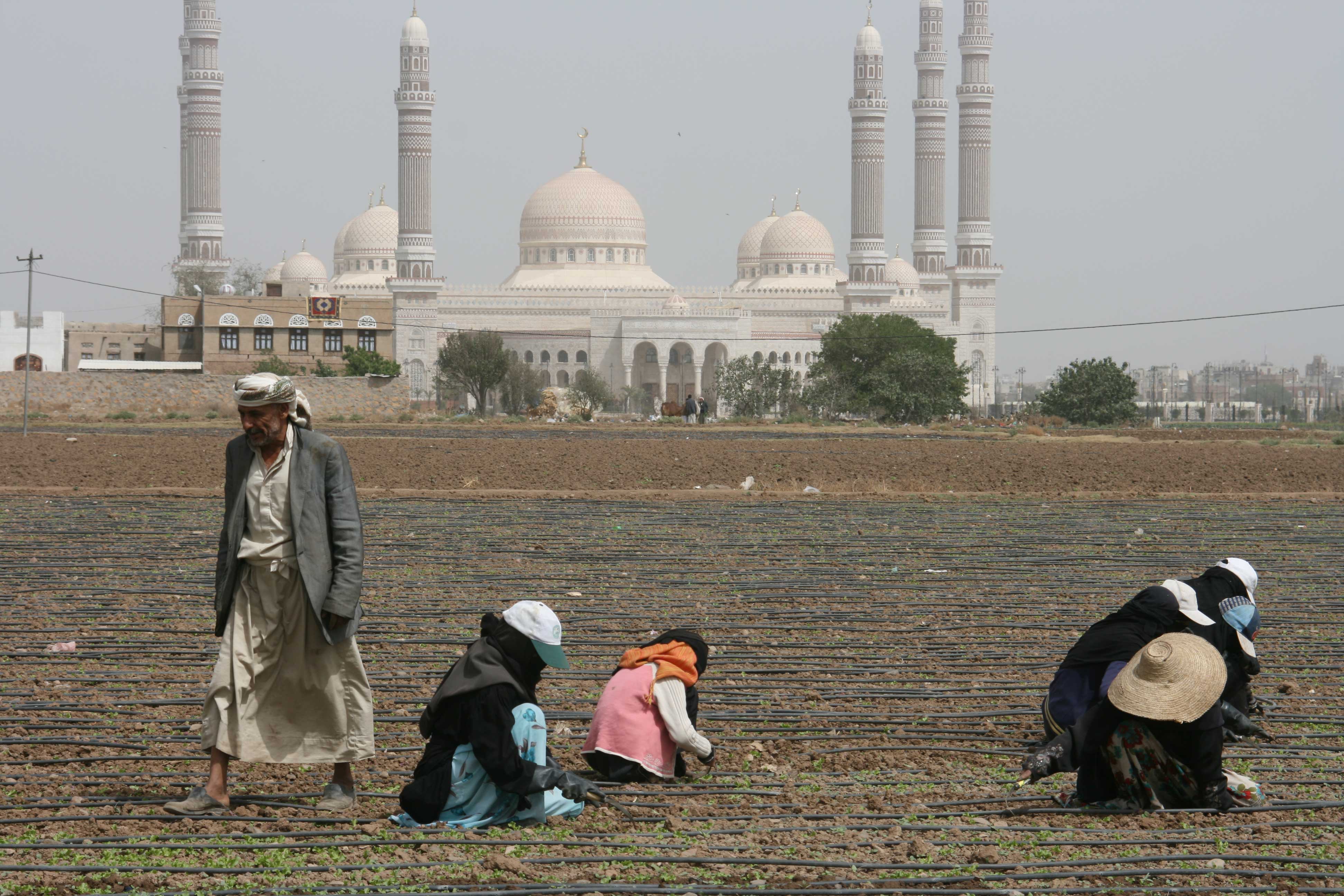
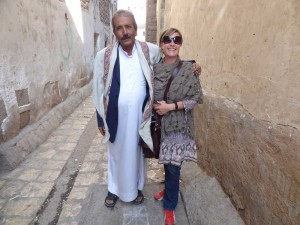
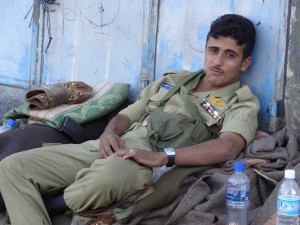

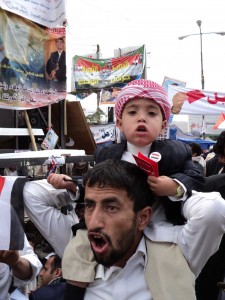
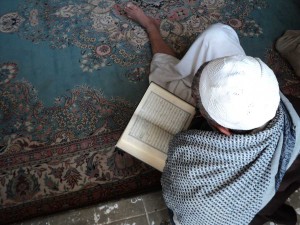

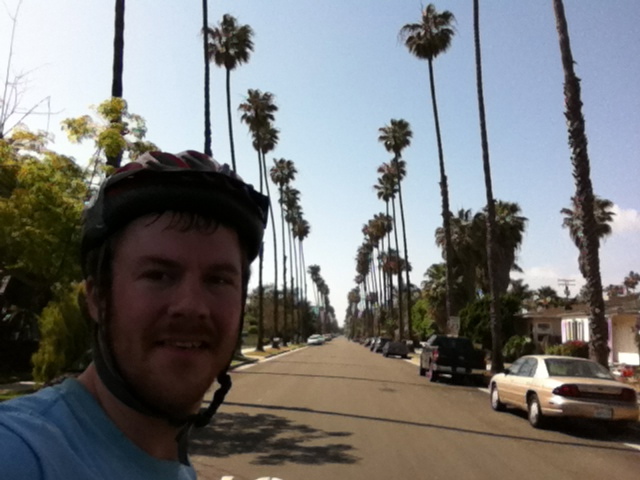
Truly heartwarming Judith, hats off to you!
JUDITH IS FANTASTIC!!
Judith is such a delight!
I would like to express two thoughts about this insightful article, namely how somethings never change and how we now find ourselves living under the shadow of an imperial power whose political goals have altered the rules of the game.
What struck me straight away was how Judith has made an effort to set herself apart from the majority of foreign reporters who lurk in air-conditioned hotels. There were plenty of those in Peshawar in 1980s, when I lived in that war-torn city during the jihad against the Soviets.
The handful of us who resided deep in the old city called these people “parachute journalists.” They dropped out of the sky in a plane, checked into the Intercontinental Hotel, interviewed an authorized government spokesmen, met a tame mujahadeen commander who spoke English, made a whirl-wind tour of a refugee camp, then after an exhausting day chasing the story, got drunk at the American Club.The next day they filed their story about death stalking the streets of Peshawar, then flew out again.
So nothing has changed in that respect. The “water boilers” who scurried from one safe interview to another have always been in the majority. It is a rare reporter, like Judith, who has the time, and courage, to live locally and dig deep.
But what grabbed my attention in Judith’s story was this paragraph.
“I have met wonderful people. Like rebel leader Shalal Ali Shaia Hadi who was hidden in the mountains of Al Dali’. To get to him, I had to travel strange roads and wear the niqab.”
That brings me to my second observation.
How will Washington view Judith’s close contact with an enemy combatant of the American state?
In an adjacent opinion piece on this blog I have explained that Washington has stripped medical personnel of their traditional neutrality. If doctor’s have lost their neutrality, will journalists and explorers be next?
During the bitter conflict between the Afghan mujahadeen and the communists, the Soviets made an infamous announcement. They declared that any foreign journalist caught reporting from inside Afghanistan would be killed. I knew two American film makers who were deliberately assasinated because of this bounty.
But killing journalists is so 20th century.
Classifying them as political criminals is a far more subtle act of revenge.
Dear CuChullaine,
First of all, thank you for your kind words. Secondly, Shalal is a rebel of the Southern Movement, not of Al Qaeda (although I admit that lines are sometimes grey there) so I do not think Washington will be particularly interested, if they are interested at all in what an 1.58 m high Dutch journalist is doing in Yemen. And if they are, I couldn’t care less. But in general, your concerns are justified, have a look at the case of Abdulelah Haider Shaye (http://www.democracynow.org/2012/3/15/jeremy_scahill_why_is_president_obama).
Rgds,
Judith